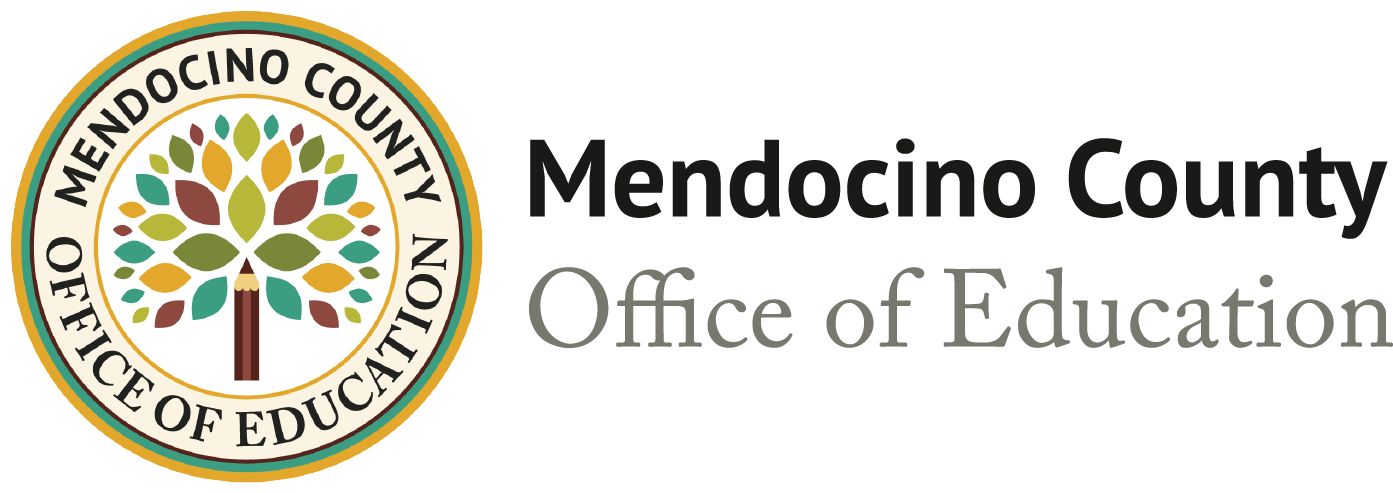
PREPARING OUR STUDENTS FOR THE FUTURE
Mendocino County: A Perspective on Education
During the 1900s, people’s livelihoods moved away from agriculture into jobs based on the industrial revolution, then from a product-based economy to a services-based economy. In the 21st Century, we’re transitioning from a services-based economy to an economy that understands and uses information to solve problems on an enterprise scale.
What does this mean for our schools? It means that rather than asking students to memorize facts they could find quickly in a Google search, we need to teach them to use the technology at hand to solve problems and to think critically so that whatever technology is developed, they can figure out how to embrace it.
Many schools have already begun this transition and are incorporating tools like Chromebooks into daily lessons. Because many of us educators grew up before the computer revolution, it can be difficult to re-imagine how to prepare today’s students for the future.
Thirty years ago, when we asked students to write a research paper, it required a trip to the library, learning to use a card catalog, possibly talking to a librarian, navigating through the stacks to find the desired books and then sometimes browsing around to see what else was available. As a result, students had to develop problem-solving and social skills to gather the information and then critical-thinking skills to synthesize the information. In our current world, if students have access to the Internet and a device, they can access all the information they need in moments.
The problem is, many students have difficulty filtering misleading information and struggle with thinking critically about how social media and other online venues are manipulating them. We are now in a position to help students navigate a world that many of us are not fluent in ourselves.
In response, forward-thinking teachers have begun to restructure learning, but it’s hard to shift decades’ worth of tradition. In California, new educational standards were adopted in recent years. They are a step in the right direction, but they are only standards-not curriculum. Developing engaging curriculum is where the rubber hits the road.
At the Mendocino County Office of Education (MCOE), we’ve been working with school districts to support them in their desire to move further and faster into technology-based learning. Last month, we supported a pilot project at one school district where students were taught to gather information, distill and analyze it, formulate solutions to the problems they identified, and present those solutions to garner broad public support, all while using available technology.
The students learned to ask probing questions to get to the root of the problems they were trying to solve: low student engagement/lack of school spirit, lack of adequate facilities for certain activities, racism, bullying, and low college-going rates. These were real problems at their school, not made-up problems out of a textbook.
The students who participated were identified not because they were leaders among their peers, but because they represented a cross-section of regular students. The students used a variety of technology tools and found some truly creative solutions. As members of their target audience, they had a strong grasp on the types of messages and activities their peers would respond to. With some guidance, they learned how to put together technology-aided presentations to convince the adults in the room that their ideas had merit.
For example, they came up with ideas to increase interest in college. They developed recommendations, estimated budgets and included practical and achievable fundraising that they, the students, would be responsible for.
To inspire more technology-based problem solving, MCOE is bringing an Escape Bus to the county for a few days. It will visit many of our schools where students will have to solve age-appropriate puzzles using technology to escape the bus. Teachers will also give it a try. We’re partnering with a company called iSchool Initiative, a company led by a young, dynamic CEO who says that his introduction to online multi-player gaming as an adolescent helped him hone his problem-solving and business skills, which he employs daily as an adult.
It’s hard when growth is exponential rather than linear, but that is how technology is growing and we need to do what we can to anticipate and expand the skills our students will need to be successful in a dynamic and unpredictable future.
Michelle Hutchins
Mendocino County
Superintendent of Schools

